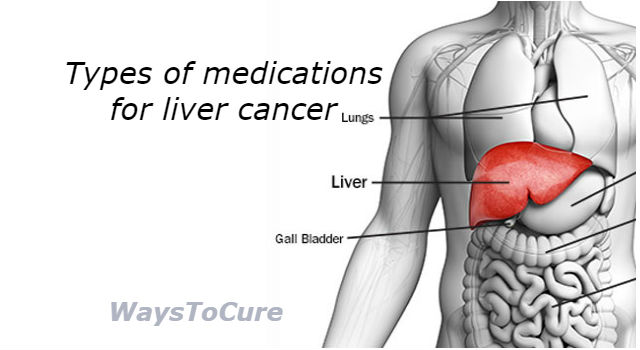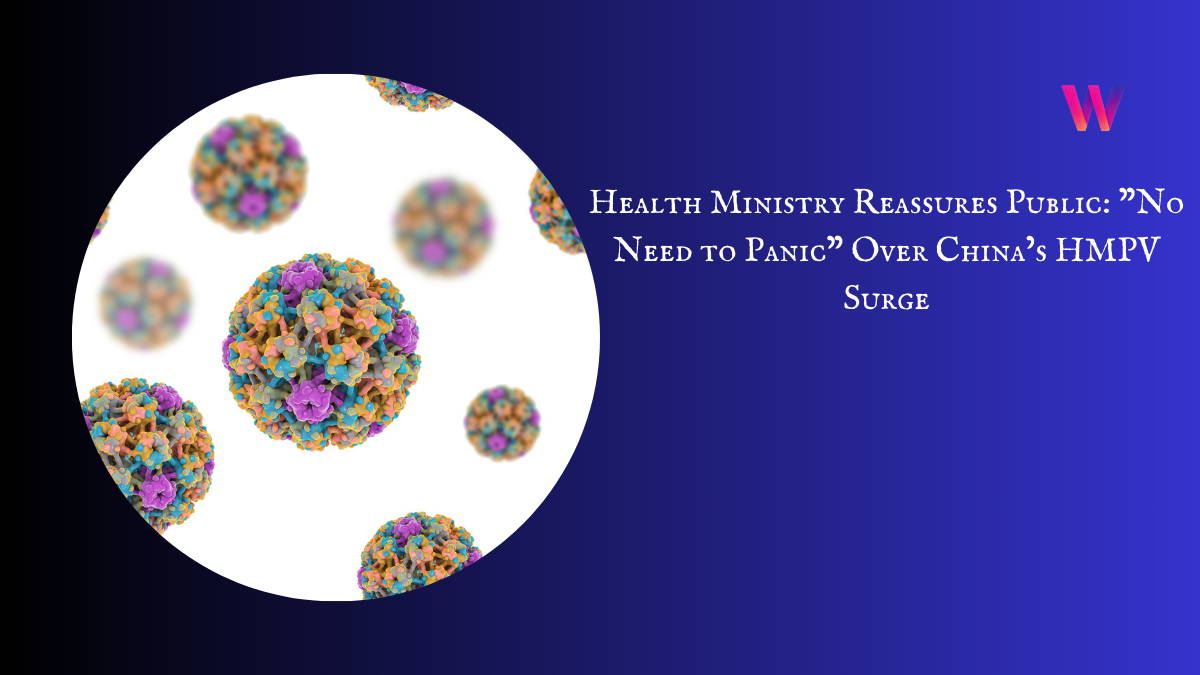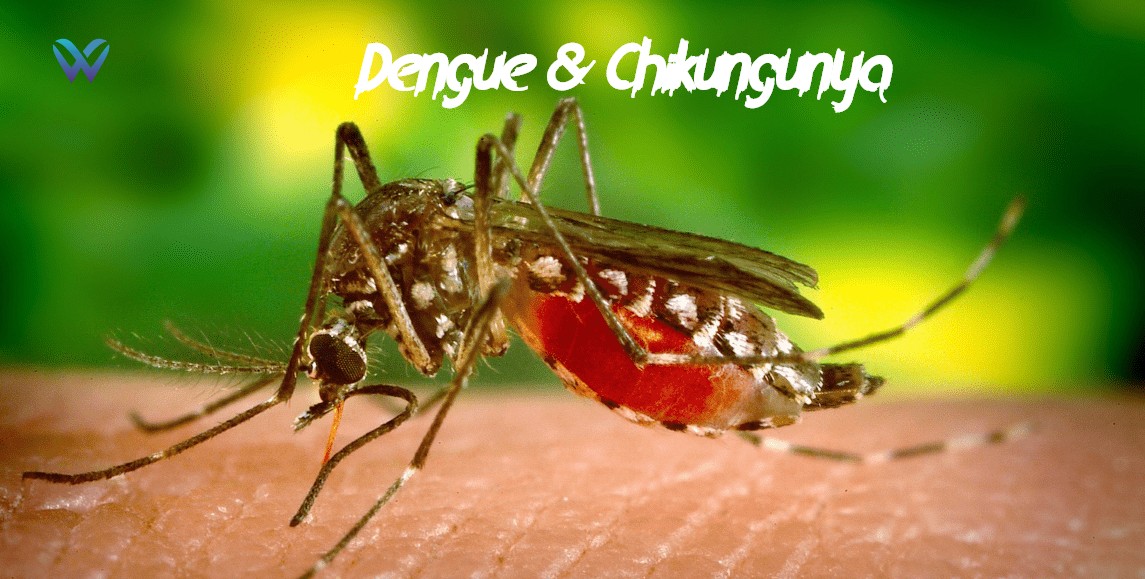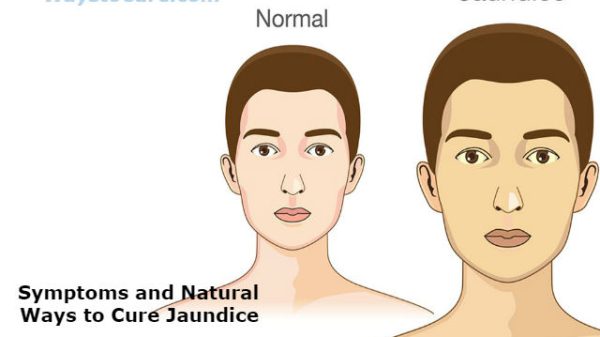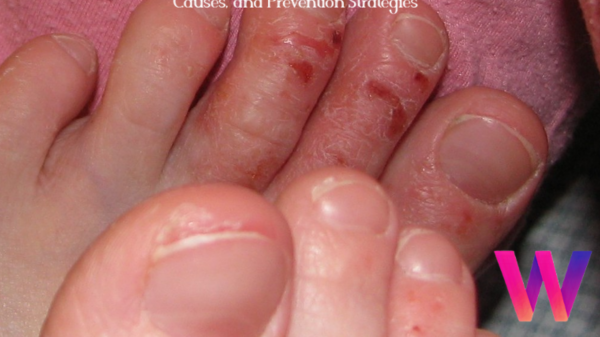The importance of liver in the body is far beyond what we can imagine. The liver helps to dispose of the body waste materials so that there are no poisonous materials in the body. It produces bile which is a lubricant for intestines and helps in the rapid absorption of nutrients in the body. However, if the healthy cells in the liver are taken over by the cancer cells, it will not be able to carry out its function. This is known as liver cancer which means uncontrolled growth of liver cells. The cells halt to regenerate, and therefore the cancer cells continue to spread while the healthy cells continue to be implicated. The medications for liver cancer depend on factors like whether cancer has spread how the liver is functioning, age and the overall health is.
“Also Read: Bone Cancer and Ways To Cure“
Table of Contents
Liver cancer is classified into:
- Primary liver cancer: In this type, the lover cancer begins in the cells of the liver.
- Secondary liver cancer: In this type of liver cancer, the cancer cells develop in the liver when they spread from another organ.
Types of primary liver cancer
- Hepatocellular carcinoma: This is the most common type of liver cancer and occurs in the predominant liver cells. The cancer cells can spread to other parts of the body like pancreas, stomach and intestines.
- Cholangiocarcinoma: This cancer develops in the small, tube-like bile ducts in the liver. These ducts carry bile to the gallbladder and help in digestion.
- Hepatoblastoma: This is an extremely rare type of liver cancer and is found majorly in children, especially those under three years of age. When this cancer is diagnosed in the early stage, the survival rate is higher than 90 percent.
- Liver Angiosarcoma: This is also a rare type of liver cancer that starts in the blood vessels of the liver.
The common symptoms of liver cancer
- Fatigue.
- Nausea
- Weakness
- Paleness in the skin and the white portion of the eye (jaundice).
- Discomfort, pain.
- Chalky stools.
The treatment choices for liver cancer
- Surgery: if the liver cancer has not spread, then you may be eligible for surgical resection of the liver. This helps to remove the section of the liver where cancer has developed. However, there is a chance that cancer may occur later after the treatment.
- Liver transplant: if there are only a few tumours, then liver transplantation may be the treatment of choice.
- Transarterial chemoembolisation (Tace): in this treatment, concentrated drugs are delivered to a tumour itself that blocks the blood flow. This results in higher amount of drugs to be in contact with a tumour for a longer period.
- Percutaneous ethanol injection (PEI) uses ethanol (alcohol).
- Radiofrequency ablation (RFA) uses high-frequency electric currents to create heat that kills the tumour cells.
- Systematic therapy: Oral medication is given to block the cancer cell growth and blood supply to a tumour.
- Cryosurgery uses liquid nitrogen, which is extremely cold.
Types of medications for liver cancer
Some of the common medications for liver cancer approved by the doctors:
- Nexavar (Sorafenib Tosylate).
- Sorafenib Tosylate.
- Stivarga (Regorafenib).
Some of the effective ways to prevent liver cancer
- Liver cancer starts with hepatitis B infection that usually occurs in the liver. So take the vaccine that can prevent hepatitis B.
- Accidental puncture of contaminated needles can lead a person to hepatitis B and eventually to liver cancer if remained un-cared. Thus, make sure that you get a clean needle injected each time you take a vaccine.
- Avoid having a lot of street food and beverages as these could not be healthy for you and the liver as well.
- Alcohol is the number one factor that causes liver cancer. Abusive drinking of alcohol can destroy normal functioning of the liver and cause liver cancer. Thus, ensure that you do not drink too much of alcohol.


